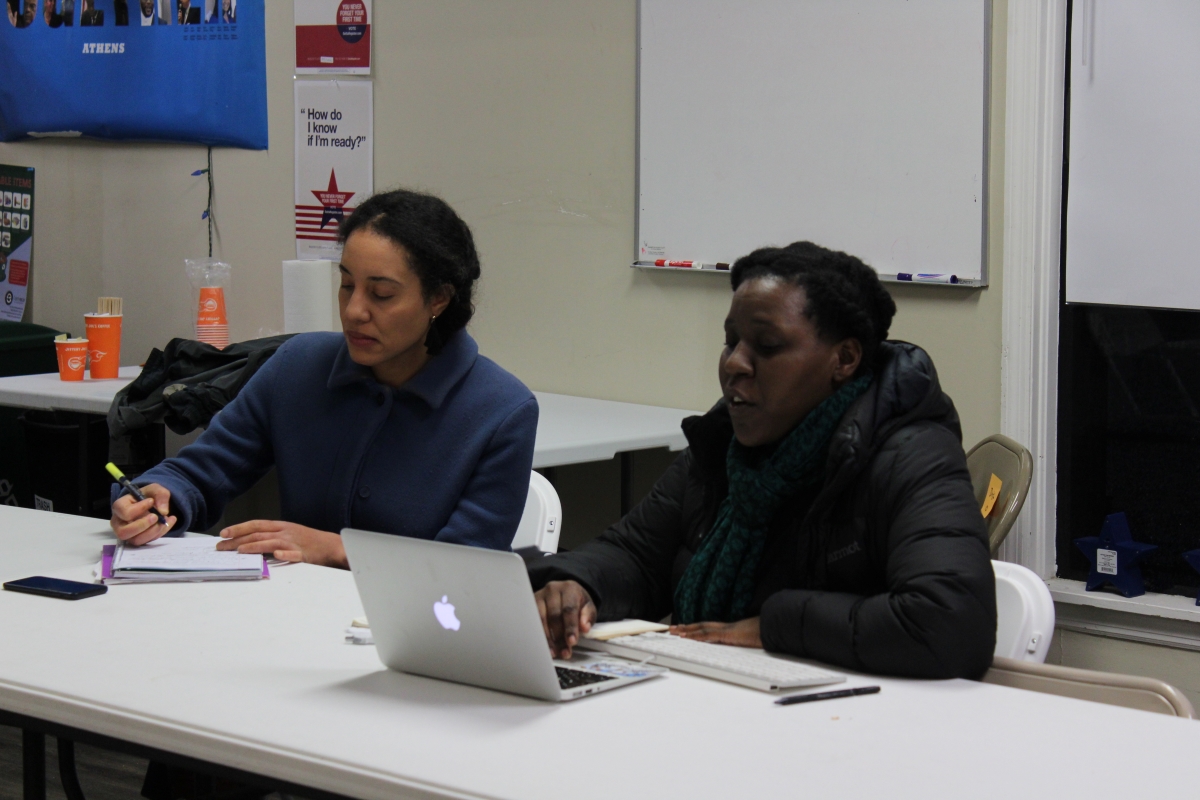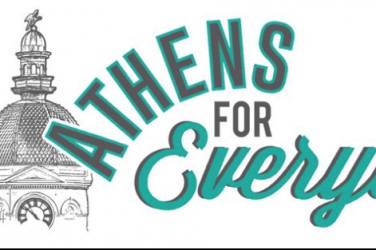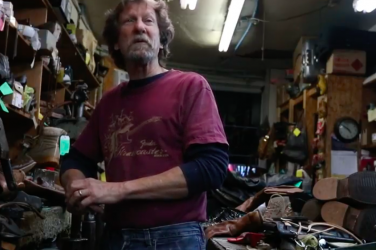On March 22, Athens for Everyone released a statement reaffirming their position against unpaid inmate labor in Athens-Clarke County. The group contends that the city should pay people to do the jobs that inmates are doing for free.
In a work session on March 20, ACC’s mayor and commission discussed a way to offer compensation to inmate laborers in the county. District 5 Commissioner Tim Denson suggested that ACC work up to a compensation system that will eventually pay inmate workers $4 a day.
At a Feb. 20 meeting, A4E discussed the use of unpaid prison labor in the Athens-Clarke County Government, following its original statement opposing this practice.
Over the fiscal year 2017, ACC used over 204,000 hours of unpaid prison labor for various city and county projects, according to the 2018 ACC Corrections Performance Snapshot. The labor comes from the approximately 112 inmates housed in the Athens-Clarke County Correctional Institution.
Why It’s Newsworthy: Athens-Clarke County uses thousands of hours of unpaid prison labor each year to do jobs that people living in Athens could be employed to do instead. However, work programs such as these have been shown to reduce recidivism and potentially give inmates necessary skills to find employment after serving their sentences.
The Athens-Clarke County Correctional Institution houses male adult inmates relocated from state prisons, said Jeff Montgomery, the public information officer for the ACC government. These inmates request to be relocated, so they can participate in the work program.
The inmates are sent over by the state department in order to work in the county. In return, the Clarke County Correctional Institution supplies housing and other resources to the inmates, Montgomery said.
The majority of the labor is used by the Central Services department, said Mayor Kelly Girtz. This department is responsible for providing dependable, efficient and economical services to employees of the county and the public. The inmates work in landscaping, solid waste disposal and other services to the public.
Advocating Against
The Athens-Clarke County Correctional Institution is a medium-security prison that houses inmates who have been allowed, based on good behavior, to request to be relocated to Athens to participate in the work program.
Rachelle Berry, a doctoral candidate and prison reform activist at the University of Georgia, headed the Athens for Everyone meeting on Feb. 20. Berry said she believes the use of unpaid prison labor is unethical.
The city, us, like taxpayers or whomever…are benefiting from the dehumanization of people, and so that’s just categorically wrong,” Berry said.
According to the public safety budget, ACC spent $3.3 million to maintain the facility in 2017, including a cost of $61 per inmate per day for room and board. Valuing the work at $18.70 an hour, ACC estimated that the work done by unpaid inmates was worth $3.8 million in 2017. Factoring in the costs of maintaining the correctional facility, Berry says that the city saved around $500,000 using this labor in 2017.
Alternative Solutions
Berry suggests that instead of using inmate labor the city should hire employees to complete the central services projects. She believes the best course of action is to shut down the correctional institution to send a message about what the Athens community values.
“I think we’re at a moment where we can just basically say…our city just doesn’t support this type of system,” Berry said. “We don’t need this. We’d rather hire people instead.”
Berry would like to see the Athens-Clarke Correctional Institution closed. She thinks Athens should stop bringing inmates in from outside the county to complete projects without compensation.
Benefits to Community
Girtz said the use of inmate labor in Athens not only benefits the community, but the inmates themselves and is often a preferred option.
Girtz worked with a high school that taught classes within three different state prisons and in the last four years spent a lot of time in and out of these prisons every week. From his interactions with inmates, he said he found they preferred to be in a service setting.
“It’s kind of a preferred set up, you know, you interact with other people [and] you get outside and see the sun,” Girtz said.
The labor provided by the inmates benefits the county with low cost public services while also providing inmates with professional experiences and skills to help inmates transition after they are release, Girtz said.
“That allows us to have streets cleaned, building repaired, lawn mowing done, and work of that type,” Girtz said. “You gain some professional credentials in the same way that, you know, if you were to go to technical school to be an electrician, you have a number of service hours that you have to do before you get your electrician license.”
Director of Central Services David Fluck said that as wards of the state, inmate workers cannot comment.
Moving Forward
Girtz said ultimately their goal is to create a safer community and state, and one way to do this is to develop inmates’ educational, career and social skills while they are incarcerated.
“There’s a bevy of research that demonstrates the more educated you become and the stronger your skill set, the more likely you are not to commit another crime post incarceration,” Girtz said.
A study done for the “Corrections: Policy, Practice and Research” journal found participation in prison labor programs improved post-incarceration employment, but had little effect on recidivism. As the percentage of time spent in work programs increased, however, the chances of recidivism did decrease.
In the Feb. 20 meeting, many members of Athens for Everyone agreed that the work program could be good for inmates, but pushed for the city to pay inmates for the work that they do.
“Being outside and using your body is better than being in a cage,” Andrea Farnham, Athens for Everyone member, said.
Berry refutes the claim that doing work is categorically good for inmates, saying that the system doesn’t leave room for inmates to make real choices.
They don’t have choices, right? They’re locked in a system that it’s like you’re either in a cage or you get to go outside and work for us for free,” Berry said.
Girtz said it is the responsibility of the ACC government to set the inmates up for an easy transition into post-incarceration life and the inmate working program gives them the skills to do so. It also gives inmates a chance to transfer to a transition center, where they can work for pay during the last year of their sentence.
Raphaëla Alemán, Tyree Brown, Jason Levenstiem, Morgan Nemec and Tessa Green are journalism majors within the Grady College of Journalism and Mass Communication.








